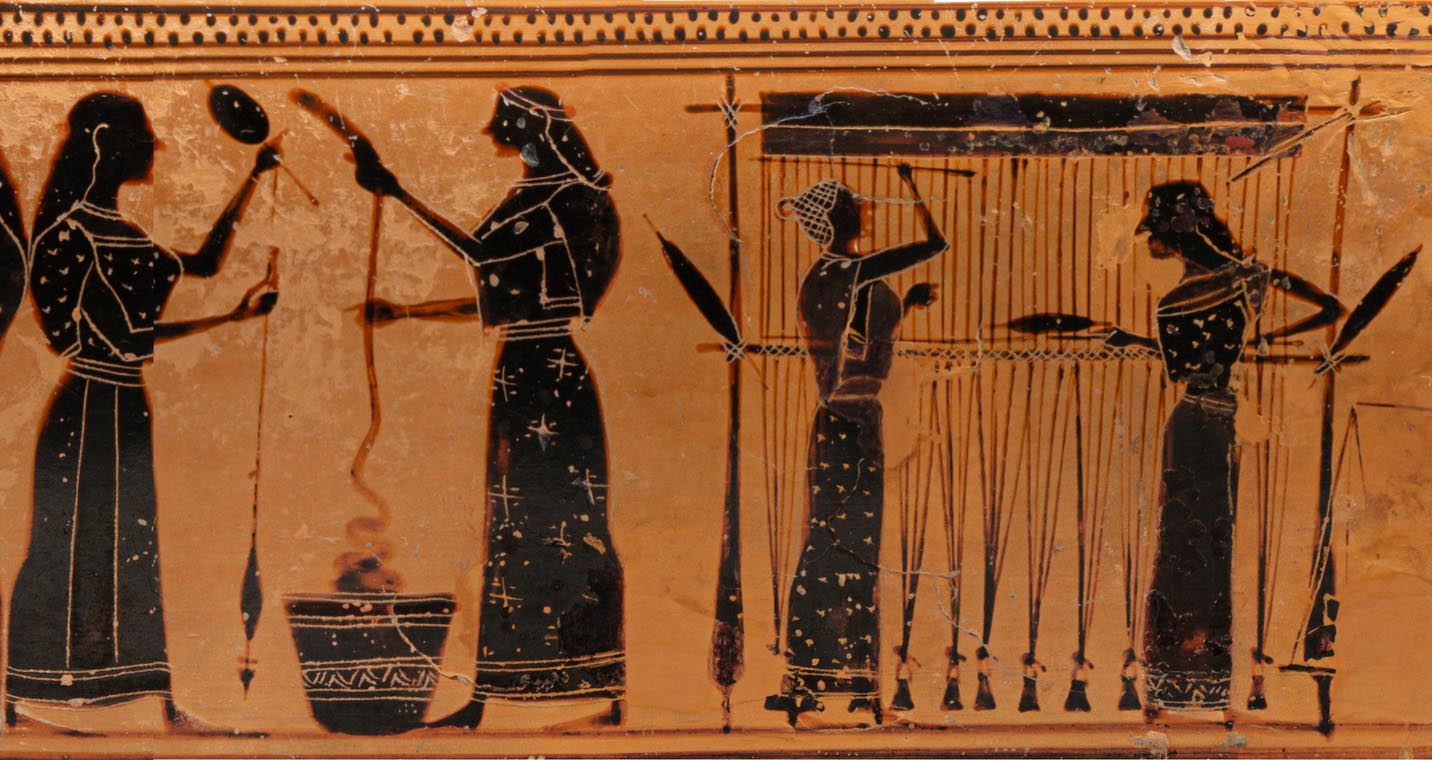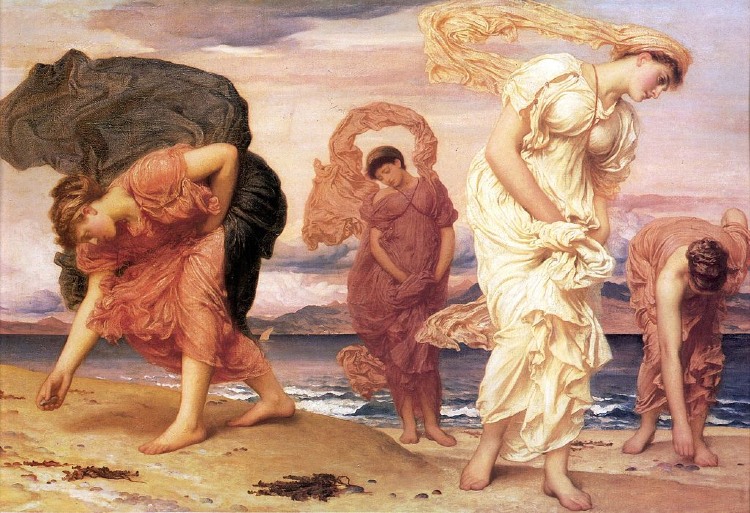Okay, so I got curious the other day, really started digging into what life was like for women back in ancient Athens. It’s one of those things you hear about, but I wanted to get a clearer picture, you know, from my own poking around.
First Things First: Schooling (or Lack Thereof)
So, the first thing that jumped out at me was education. It wasn't like what we think of today, not for girls anyway. Boys, yeah, they got to learn reading, writing, some even philosophy – all that stuff to get them ready for public life, talking in the assembly, that kind of deal. But for girls? Totally different story. It seemed like most of their learning happened right there in the home.
Basically, their moms or other women in the family taught them. And what were they teaching? Mostly how to run a house. Think about it: managing supplies, cooking, weaving – super important skills for back then, but a world away from what the boys were learning. It wasn't about books and debates for them; it was about practical, hands-on stuff for the household.

What Did Their Day Look Like Then?
So, if they weren't in schools, what were they doing? Well, it seems their whole world was pretty much centered around the oikos, the home. Their main job, from what I gathered, was to manage the household and, of course, have children, especially sons to become citizens. They were in charge of:
- Raising the kids, especially when they were young.
- Making clothes – weaving was a big one.
- Overseeing the food and supplies.
- If the family had slaves, they’d be managing them too.
It sounds like a lot of responsibility within the home, but it was very much a private sphere. They weren’t really out and about in the public square, not like the men.
Public Life vs. Private Life
This was a big one for me. The divide was huge. Men were citizens, they did the politics, the philosophy, the fighting. Women, on the other hand, were pretty much excluded from all of that. Their role was vital, no doubt, but it was largely behind closed doors. They couldn't vote, couldn't own land in their own right in the same way, couldn't participate in political assemblies. It was a very segregated society in that sense.
I did find something interesting, though. While they were kept out of politics, women did have roles in religious life. Some festivals and cults, especially those for goddesses, had priestesses. I even thought about Athena, the city's patron goddess. She's a powerful female figure, a warrior even, which was usually a man's thing. But that seemed to be more in the realm of gods and myths, not so much reflecting the daily power or roles of actual Athenian women in society, if that makes sense.
Wrapping My Head Around It
So, after looking into all this, it really painted a picture. Life for women in Athens was so focused on the family and the home. They weren't "educated" in the formal sense like boys, but they learned a whole different set of skills crucial for their society. It’s just a completely different framework from what we know today. It definitely made me think about how much things have changed, and also how the "private" work has always been essential, even if it wasn't always visible in the history books that mostly talked about wars and politics.

It was a bit of an eye-opener, really, to piece together what their lives might have been like, based on the bits and pieces I could find.










